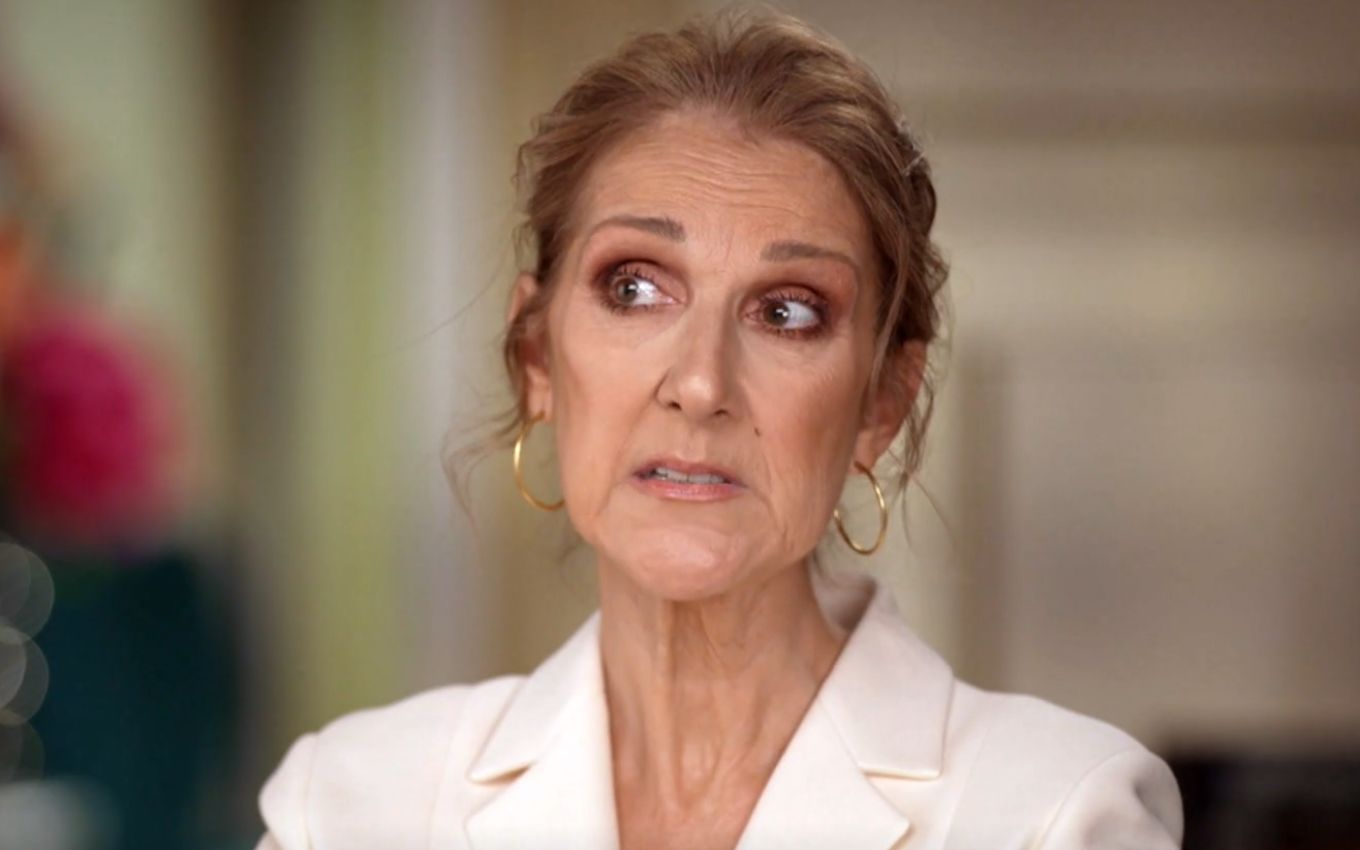In a message for the World Day of Prayer for the Care of Creation, celebrated in September, he urged nations to tackle climate change with as much caution as they tackle global challenges such as wars and health crises, noting that global warming hurts the poor and indigenous people the most. populations.
Francis said rich countries have an “ecological debt” because they have caused most of the environmental pollution over the past two centuries, harming the “music” of nature.
“Tragically, this sweet song is accompanied by a cry of anguish. Or better: a chorus of cries of anguish. It is first our sister, Mother Earth, who cries out. Victim of our excesses consumerists, she cries and begs us to let us end our abuse and her destruction.”
On the other hand, the less wealthy nations would not be exonerated from their responsibilities: “Everyone must act, with decision. We are reaching a breaking point.”
In recent days, Europe has faced an extreme heat wave, with hundreds dead and thousands of hectares of forest and farmland destroyed by fires, prompting warnings of the need to step up the fight. against climate change.
Meeting with the Indigenous Peoples of Canada
The pope’s call came days before he left for Canada, where he will join the indigenous peoples of Iqaluit in Canada’s Arctic, part of the fastest warming region of North America.
“Expected by the climate crisis, the poor are feeling the impact of increasingly intense and frequent droughts, floods, hurricanes and heat waves even more harshly. Likewise, our brothers and sisters in indigenous peoples are crying out. For predatory economic interests, their ancestral lands are being invaded and ravaged from all sides, causing a cry that rises to the heavens.”
Francis reiterated a call “in the name of God” that he first issued in 2021 to the mining, oil, forestry, real estate and agribusiness industries to “stop destroying forests, swamps and mountains, to stop pollute rivers and seas, to stop poisoning food and people”.
The pope, who published an important encyclical on environmental protection in 2015, said the United Nations Conference on Biodiversity (COP15), to be held in Canada in December, would be an excellent opportunity to reach a agreement to stop the destruction of ecosystems and the extinction of species.
For him, COP15 could build a clear ethical basis for the changes needed to preserve biodiversity, support conservation and prioritize vulnerable populations, including indigenous peoples.
Francis also underlined the importance of the World Climate Conference (COP27), scheduled for November in Egypt, and called for the “effective implementation” of the Paris climate agreement, whose objective is to limit the increase in the global average temperature to 1.5°C. compared to pre-industrial levels.
At a press conference to deliver the message, Cardinal Michael Czerny, head of the Vatican Development Office, called for an immediate halt to all new exploration and production of coal, oil and gas and for the phasing out fossil fuel production.
on/before (Reuters, ots)

“Pop culture fan. Coffee expert. Bacon nerd. Infuriatingly humble communicator. Friendly gamer.”


:strip_icc()/i.s3.glbimg.com/v1/AUTH_da025474c0c44edd99332dddb09cabe8/internal_photos/bs/2023/D/n/i7eIkcQsAB0YgsWKDQMw/whatsapp-image-2023-03-08-at-10.48.49.jpeg)




:strip_icc()/i.s3.glbimg.com/v1/AUTH_63b422c2caee4269b8b34177e8876b93/internal_photos/bs/2021/T/V/IFkavRRSSjHCBPZfqVXw/ap21313490536644.jpg)